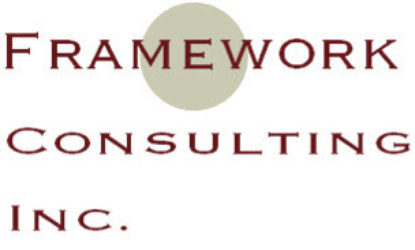Where should good ideas for new products and services come from? Does the customer know best or not? Answer these questions correctly and your company could launch a series of winning offerings.
Is the customer always right? Steve Jobs argued otherwise: “By the time you build what they say they want, they have moved on and want something new.”
At the other end of the spectrum, customers were demanding better buggy-whips when innovators wanted to sell them cars. A survey of their needs would have been trapped within the limits of their thinking.
Here in the Caribbean, researchers complain about the challenge of customer surveys: people will often default to telling you what you want to hear. They are afraid of rocking the boat, or making you feel bad, so they alter their responses.
But should you ignore your customers?
The fact is, there are more companies that have failed by following their instincts and intuitions than by doing surveys and focus groups. Fortunately, there’s some new thinking emerging that solves the dilemma. Here are the steps some of the best organizations are using to craft fresh offerings that win the hearts and minds of their audience.
1. Uncover Struggling Moments
A “struggling moment” is one which occurs when a customer can’t have your offering. It may not exist, or not be available to them. Some may complain loudly, but the ones you really need aren’t merely the unhappy and opinionated. Instead, you should focus on those who are so frustrated they are engaging in what Amy Jo Kim calls “Solution Seeking Behavior”.
In other words, they are actively trying to solve the problem by finding substitutes. For example, if you want to create a better car, find people who are already working to fill the void you have identified. You’ll know who they are because they are taking visible action.
They probably know more than you do about the problem, because they have been attempting to solve it for so long. Their actual experience of living at their wits’ end, praying for answers, is important information you can’t get elsewhere.
This discovery is a pivotal moment for you as a product or service innovator. You need to stop brainstorming internally, so you can hear real-life struggling moments from the outside. Unfortunately, most companies don’t reach this point and end up missing the mark. But yours could be different if it can be disciplined enough to make the switch.
- Find the Best Strugglers
But you are still faced with the problem of locating these rare people. This could be a matter of searching for them in social media communities, or making face-to-face invitations. Perhaps the most efficient way is to conduct a questionnaire or survey intended to weed out the least qualified. Do it well, and the most likely prospects will nominate themselves.
They will definitely be in the minority.
But once you have some prospects, conduct short interviews to select the few who will become your biggest fans. And they should be willing to participate. After all, they have been dreaming up solutions ever since they identified the problem, putting you in a coveted position.
And don’t worry if they add up to a motley crew which doesn’t represent the majority. Or if there aren’t enough of them to earn you a decent profit. That’s OK – their role is not to make you rich, but to teach you.
- Craft Strugglers into Co-Creators
While they won’t bring you lots of revenue, these high-quality strugglers will give you something more valuable: their energy and knowledge. Because they are highly motivated, they’ll work with you to craft the ideal offering that would solve their problems.
This small army of practical soldiers will also provide the impetus and inspiration you need to make your first wins. This sets you up to pivot. Next up? The group Geoffrey Moore calls the Early Majority. This is the segment of the mainstream audience that will adopt your offering.
But there’s a catch.
The product or service you eventually offer to the mainstream may not look like the one you crafted to win over the Strugglers/Co-Creators. That’s OK. Today, the average personal computer user looks nothing like young, mostly male nerds who fell in love with the technology in the late 1970s’.
Once you expect this to be the case, you can be patient. Working with customers is a must, but the entire journey requires a nuanced approach.
It’s just not as simple as asking people what they want or trusting your gut instincts. Dig deeper into the reason the Strugglers are so fired up and you’ll find the seeds of solutions that may take you to success.

